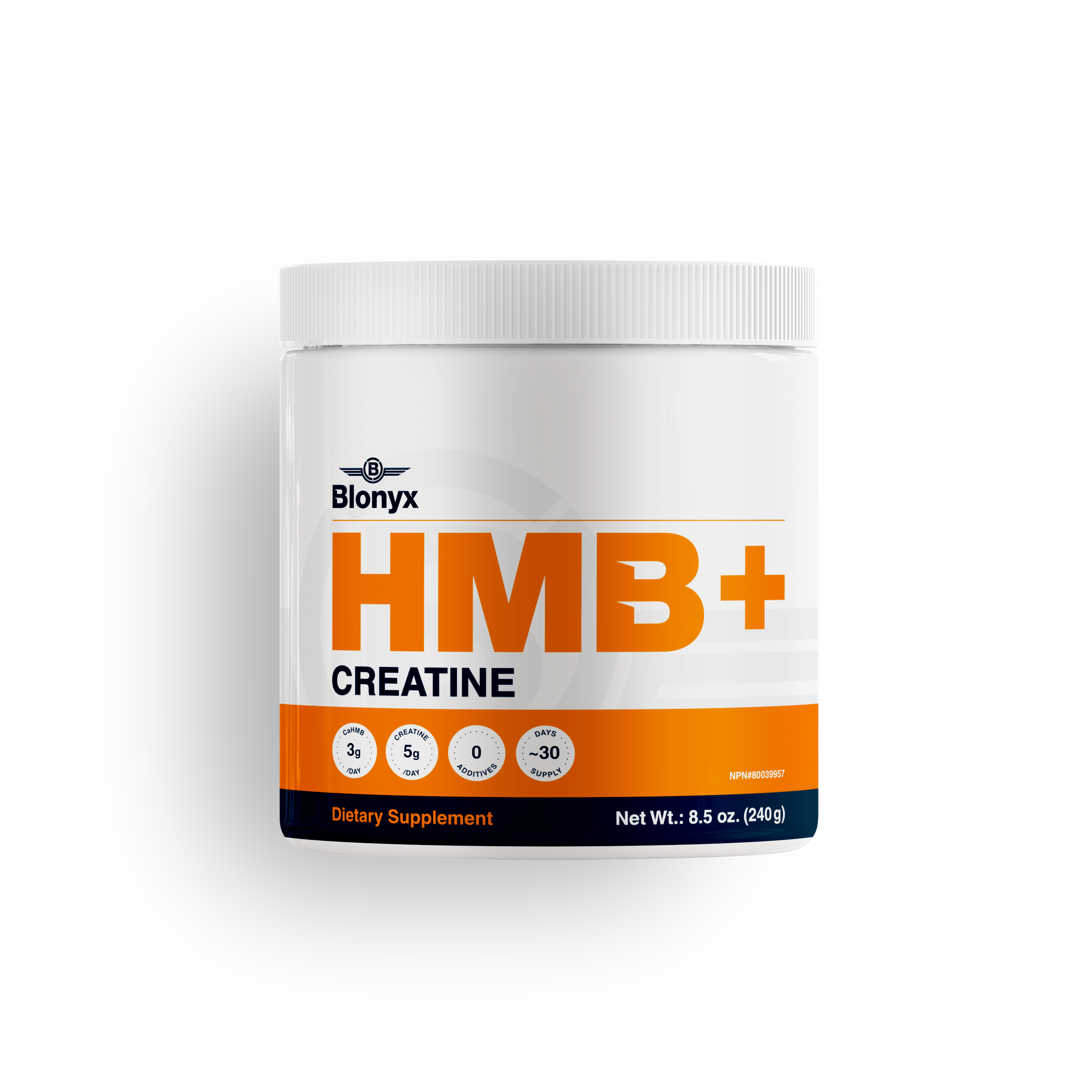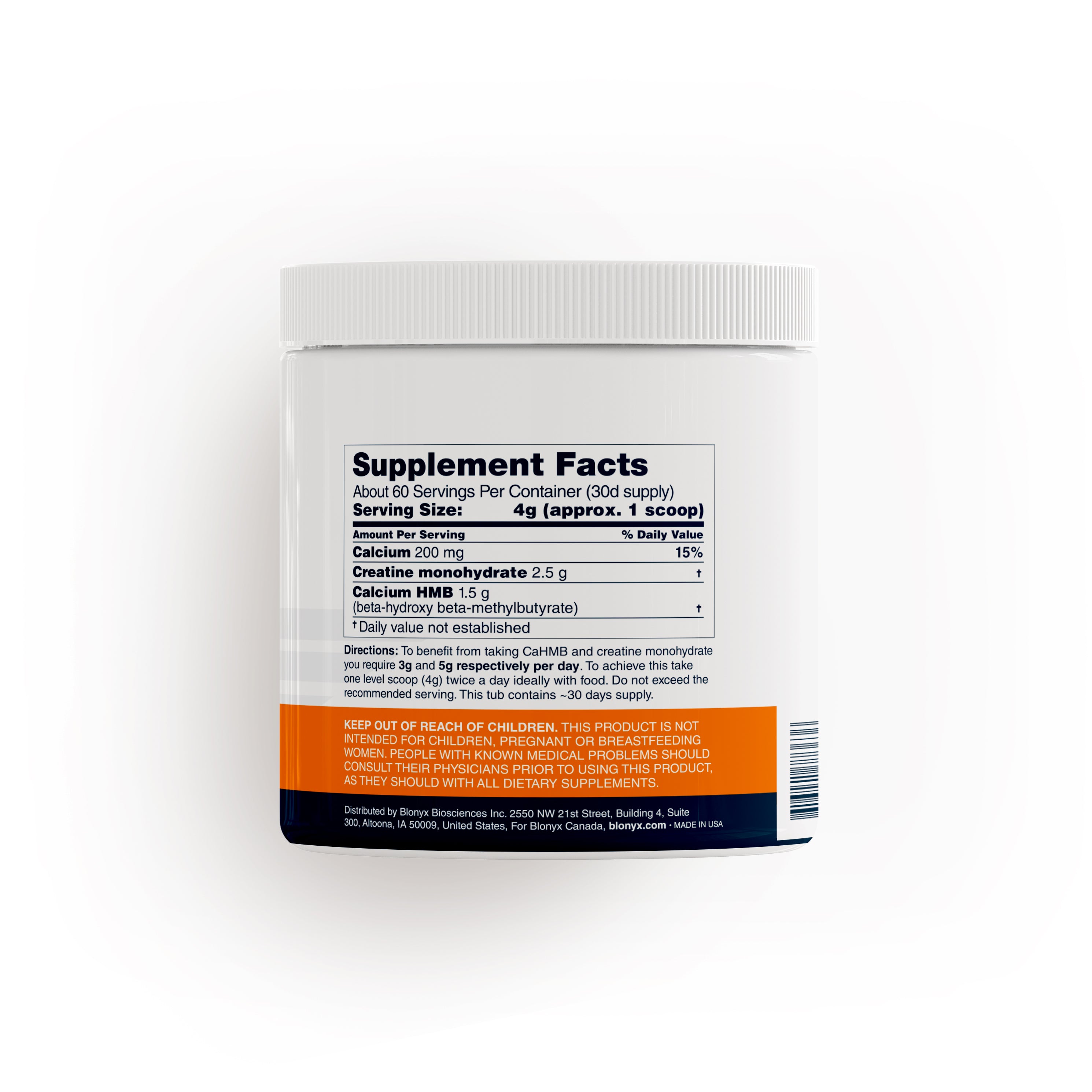1. Candow et al. (2014): Strategic creatine supplementation and resistance training in healthy older adults.
2. Zhenguang et al. (2015): The Effect of Creatine and Coenzyme Q10 Combination Therapy on Mild Cognitive Impairment in Parkinson’s Disease
3. Solis et al. (2017): Effect of age, diet, and tissue type on PCr response to creatine supplementation
4. Gualano et al. (2016): Creatine supplementation in the aging population: effects on skeletal muscle, bone and brain
5. Gualano et al. (2014): Creatine supplementation and resistance training in vulnerable older women: A randomized double-blind placebo-controlled clinical trial
6. Riesberg et al. (2016): Beyond muscles: The untapped potential of creatine
7. Barnes (2015): Exercise, cognitive function, and aging. Read the research
8. Louis et al (2003): Beneficial effects of creatine supplementation in dystrophic patients. Read the research













